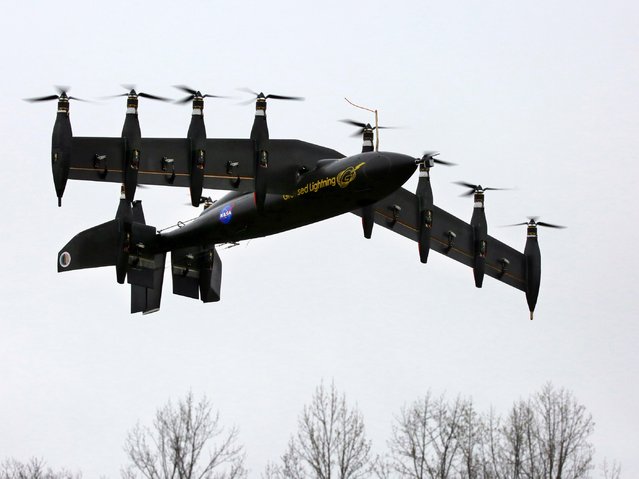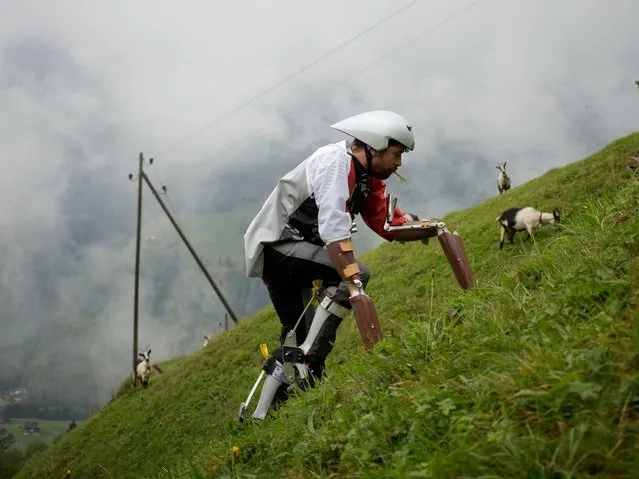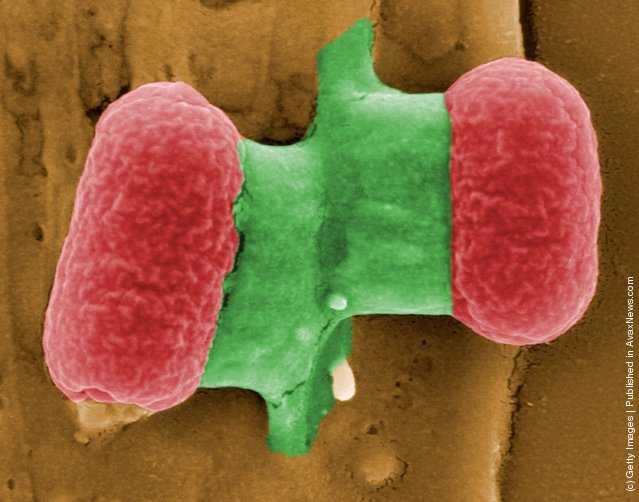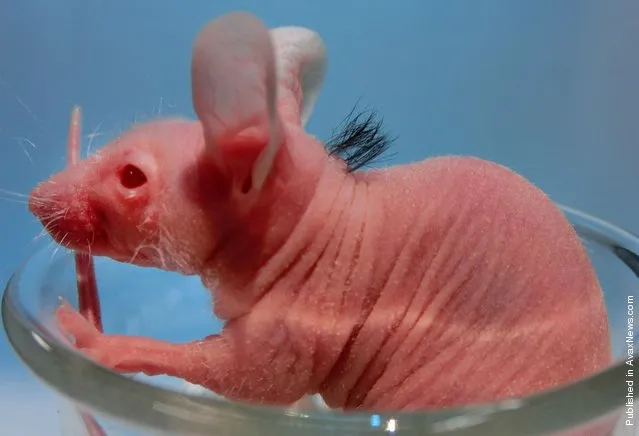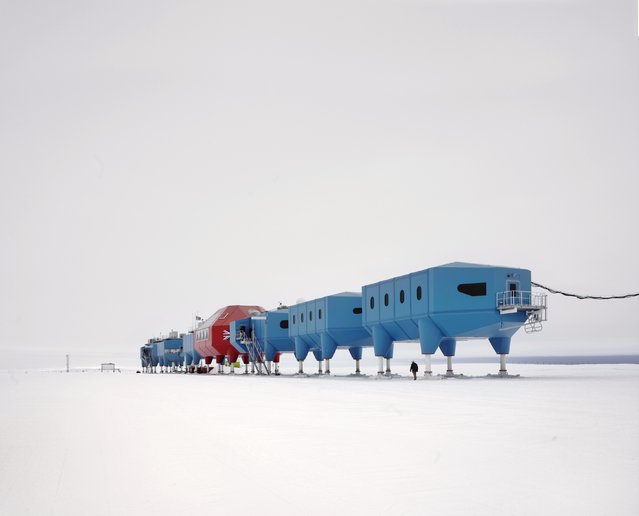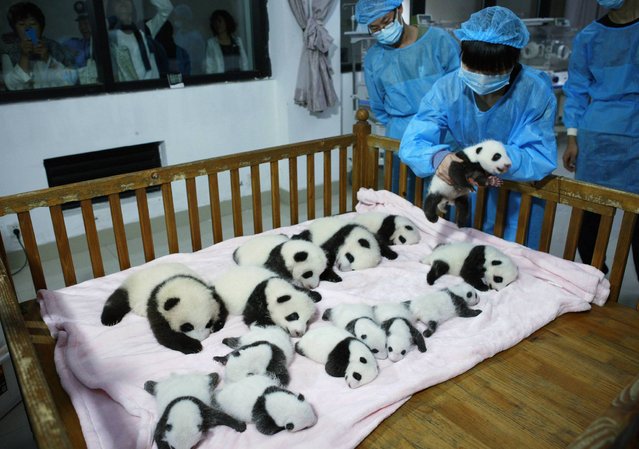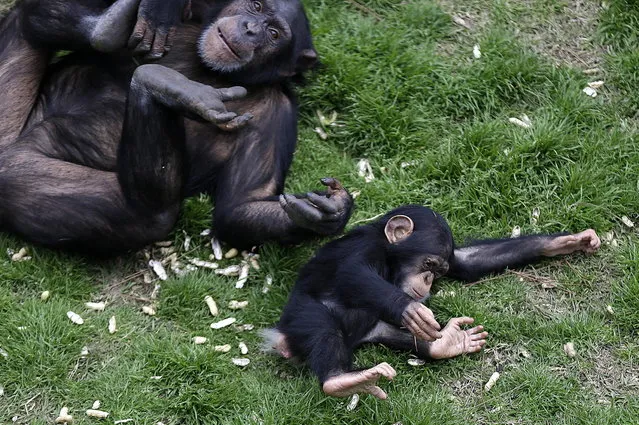
April Haze, a San Jose-based stripper, teaches a pole dance class to her students at Revel Room Studios in Milpitas, California, April 15, 2021. As some of the United States' estimated 3,821 strip clubs start to open up again, women who work as strippers are confronting a transformed industry. Revenue in the industry is estimated to have decreased 17.4% in 2020 and is forecast to fall another 1.5% this year, according to research by IBISWorld. (Photo by Brittany Hosea-Small/Reuters)
30 Jan 2022 06:27:00,post received
0 comments

